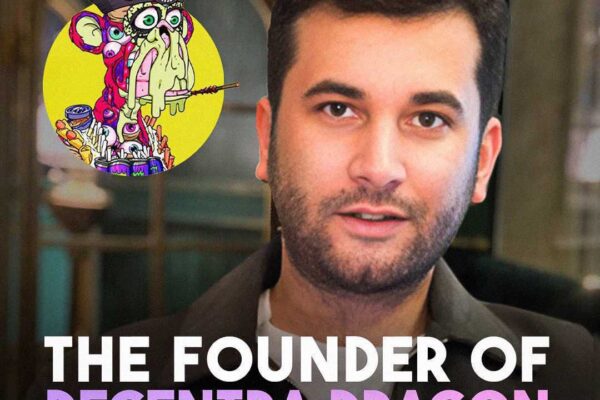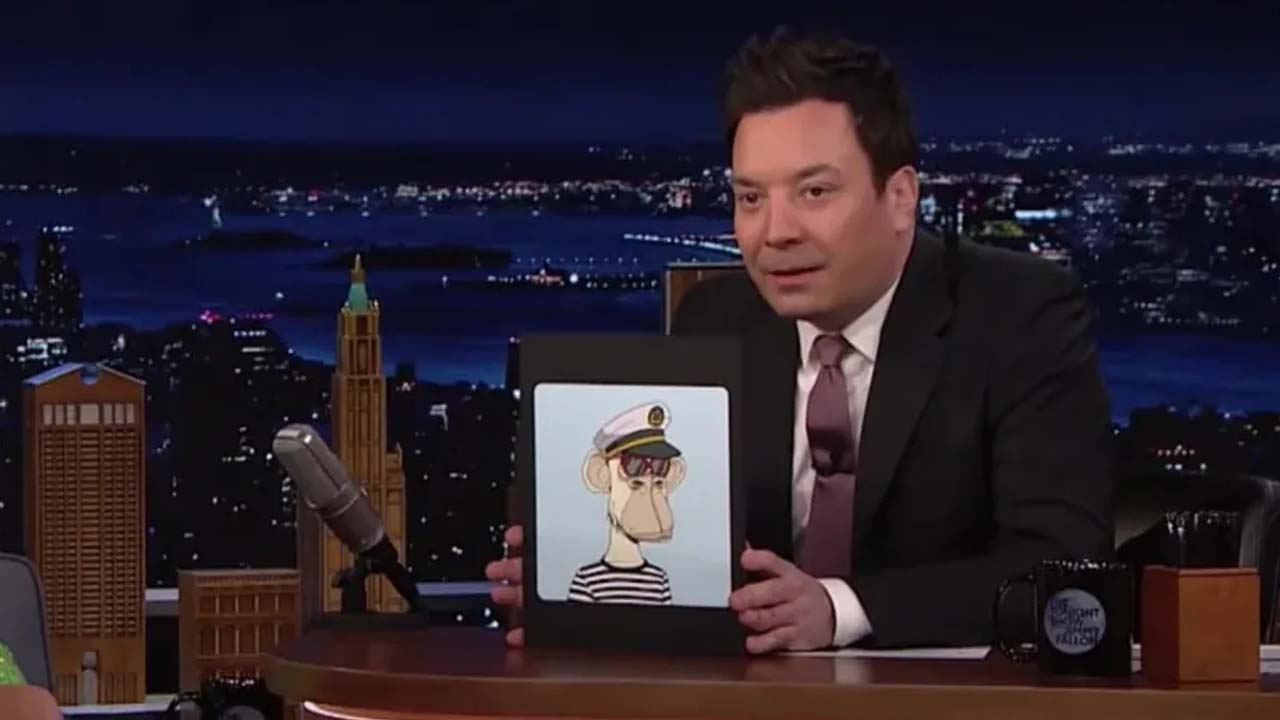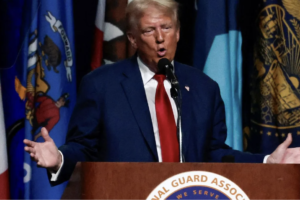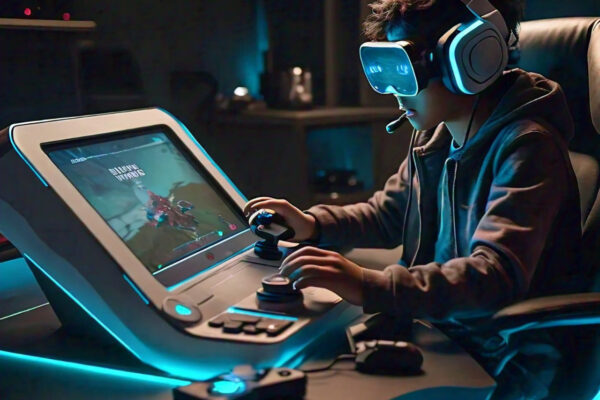The Tonight Show’s leading star, Jimmy Fallon, wants the court to exempt him from the BAYC trademark case after receiving a subpoena.
Challenging the subpoena
The attorneys for the NBC star Jimmy Fallon have written to the court to suppress the subpoena sent to him regarding the Yuga Labs Inc. v. Ripps et al. case. According to the supplication, the lawyers want the famous actor to be out of the case.
They claim there is no underlying link between Fallon and the ongoing litigation on Ripps. Further, they clarified that he has never interacted or met with the OKFocus director Ryder Ripps or the other founder of the alleged creators of a “copycat” of Bored Ape Yacht Club (BAYC).
“Copycat” NFT collection
In the case, Yuga Labs indicts Jeremy Cahen and Ryder Ripps for dispensing a “copycat” NFT collection contravening trademark policies leading to bigoted antagonism and misleading advertising. The case brings into sight the trademark rights and intellectual property in the NFT world.
In their defense, Ripps and Cahen argued that their collection falls under satirical art and thus cannot be classified under trademark-infringement accusations. The New York court disagreed with the claim equating it to the “sale of a counterfeit handbag.”
The petitioner indicates that “with the acquisition of a BAYC NFT and showcasing it in his show,” Fallon cannot be held liable for the ongoing case. However, Fallon and Paris Hilton have an ongoing securities lawsuit against Yuga Labs. The suit filed in California implies that there was a misleading promotion of the Bored Apes, which led to financial loss to the defendants.
Ripps and Cohen want to ride on a similar accusation to indicate that Yuga Labs does not conduct clean business. They are in pursuit of alleging that the company has engaged in unlawful advertising of its BAYC NFTs, using the NFTs as securities and unidentified reparation on celebrity commendations.
The court subpoenaed Fallon to submit documents showing cooperation between Yuga Labs and third parties. Fallon’s lead barrister, Dana Seshens, maintained that the summon was unwarranted and burdened her client for no reason since the same documents could be accessed from Yuga Labs.
Seshen also indicated that the lawyer who signed the subpoena was from somewhere other than New York, thus making it procedurally unsuitable. According to Seshen, “many courts in New York have previously ruled that the defect alone makes the subpoena disastrously lacking.”
Source: nft.news

This news is published and verified by the NFT News media team.











